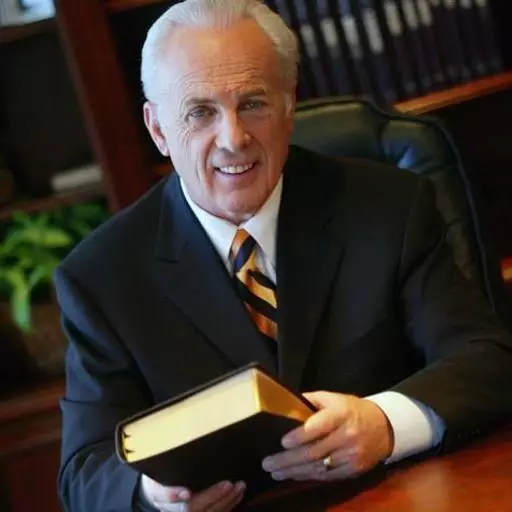I do think we have a responsibility to care for the environment — we ought to care for every resource God has provided for us.
That's illustrated in the Old Testament account where God put Israel in the Promised Land, a fertile land flowing with milk and honey. God provided them that productive land and commanded them to let the soil rest every seventh year.
You shall sow your land for six years and gather in its yield, but on the seventh year you shall let it rest and lie fallow, so that the needy of your people may eat; and whatever they leave the beast of the field may eat. You are to do the same with your vineyard and your olive grove (Exodus 23:10-11; cf. Leviticus 25:1-7).
God gave that command because He didn't want them to exploit the land and extract all its life. Allowing the land to rest every seven years ensured that it rejuvenated itself and continued to provide in the future.
When the Lord gave the Israelites the Mosaic Law, He warned them if they apostatized, He would remove them from the land (Deuteronomy 28). Sadly, the children of Israel did just that and came under judgment — the Northern tribes fell to Assyria in 722 B.C., and Judah to Babylon in 605 B.C. In fact, God designated the Babylonian captivity as a seventy-year captivity to rest the land for all the Sabbath years that Israel violated (cf. Leviticus 26:33-35; 2 Chronicles 36:17-21).
So I believe we are charged to treat responsibly all the wonderful resources God has given us. But that, in fact, has very little to do with the environmental movement. The environmental movement is consumed with trying to preserve the planet forever. But we know that isn't in God's plan.
The earth we inhabit is not a permanent planet. It is, frankly, a disposable planet — it is going to have a very short life. It's been around six thousand years or so — that's all — and it may last a few thousand more. And then the Lord is going to destroy it.
I've told environmentalists that if they think humanity is wrecking the planet, wait until they see what Jesus does to it. Peter says God is going to literally turn it in on itself in an atomic implosion so that the whole universe goes out of existence (2 Peter 3:7-13).
This earth was never ever intended to be a permanent planet — it is not eternal. We do not have to worry about it being around tens of thousands, or millions, of years from now because God is going to create a new heaven and a new earth. Understanding those things is important to holding in balance our freedom to use, and responsibility to maintain, the earth.
Just a footnote. Though this earth is our temporary home, do take time to enjoy God's beauty. Take care of your yard. Stop to smell the flowers. Enjoy the forests. God placed those rich resources on this planet for our comfort and His enjoyment. Let us be thankful to Him for that.
© 2006 by John MacArthur. All rights reserved.
This article originally appeared here at Grace to You.

